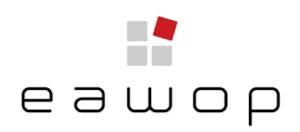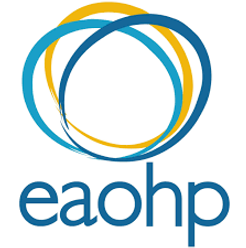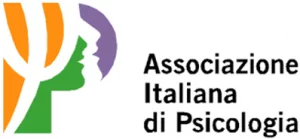SEPTEMBER 21 - 23
2022
FOWOP Small Group Meeting Brussels
Campus Etterbeek of the Vrije Universiteit Brussel, Belgium
The meeting focuses on developing practical tools and practices that can be used to build a sustainable future for WOP. It is open to everyone who is actively involved in the area of work and organizational psychology.
The format of this small-scale conference is based on active participation and co-creation. We plan several interactive activities, including workshops, hack-a-thons, lightning talks, and unconference sessions.
Call for submissions is closed.
Many academics have become increasingly critical about the theoretical landscape in (work) psychology, the practical and societal relevance of our research, the prevalence of Questionable Research Practices, the rise of work pressure and mental health problems in academia, the problems relating to inequalities at universities, and the methodological isomorphism that favors predominantly quantitative, positivistic epistemologies in WOP.
With this Small Group Meeting, we want to address the abovementioned issues that affect our field by developing practical tools and practices that can be used to build a sustainable future for WOP that has societal relevance, promotes equality, embraces diversity, makes academia a healthy environment, and builds on rigorous scientific methods.
Track 1
Building tools to improve WOP research
This track focuses on taking a critical stance to how we do research in WOP—both in terms of theory and research methods—and to develop tools that help WOP members to improve the quality of their research and practice.
We draw on perspectives from various critical traditions, to address the dominance of neopositivist epistemologies in WOP, enabling us to grapple with fundamental questions about the nature of what and how we do research. Simultaneously, we build on the notion of substantive-methodological synergy, emphasizing the need for a close match between research questions and research methods. We invite participants to reflect on methodological pluralism and link this topic to open science practices and other best practices.
Track 2
Building tools to improve life in academia
Within this track, we want to capitalize on the expertise of participants to develop tools that help improve life in academia.
Within this track, we want to capitalize on the expertise of participants to develop tools that help improve life in academia. On the one hand, we invite participants to use their expertise to make academia a healthier workplace, for example by developing tools that can help deal with job uncertainty or burnout within an academic context. On the other hand, we encourage participants to reflect on practices that promote equality in the workplace, to improve well-being for everyone in academia.
Submission of proposal:
We invite participants to submit a proposal that relates to one of these two tracks in one of the following three formats:
1. Workshops: These sessions involve guided instruction and training by experienced mentors (90 – 120 minutes)
2. Unconference sessions: Participants can freely pitch and discuss ideas during these sessions, which are moderated by the session organizers and focus on a particular topic or issue (90 – 120 minutes)
3. Lightning talks: These sessions include short presentations (10-15 minutes) which will be bundled into lightning talk sessions by the organizers. If participants wish to organize their own topical lightning talk sessions consisting of 4-5 individual contributions, they need to submit an additional symposium-style proposal detailing how these contributions complement each other.
All proposals should include the following:
-
a brief description of the topic
-
a description of why the topic is relevant to this event
-
your motivation for running this session/ lightning talk
-
goals for the session/ lightning talk
-
details of how the session will be organized. In the case of lightning talks, this includes what will be presented (i.e., focus on your own presentation only). For unconference sessions, this should include an outline of the main points of discussion.
-
who will lead/speak at the session (not applicable for lightning talks)
-
any aspects of the session that could pose challenges for delegates with specific communication or accessibility needs.
Proposals should be around 500 words in total and submitted to theresa.leyens@vub.be by 5.00 p.m. on 22 July 2022. In the spirit of collaborative working, the organizers may recommend that the proposers of similar ideas work together to develop a single proposal for a session at the event.
Costs: The cost to attend the event will be € 100 regular fee and € 50 for students.
While we are very much hoping for an in-person event, we are well aware that not everyone will be able to travel. Please state in your proposal if you wish to present your work virtually and we will make sure to plan that in accordingly. The event will be in a hybrid-format (allowing online attendance and online presentations), although we do encourage participants to join us in person, if possible.




